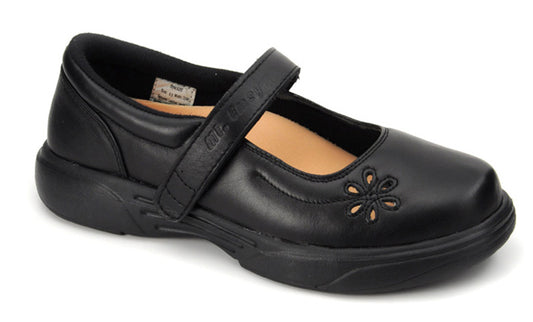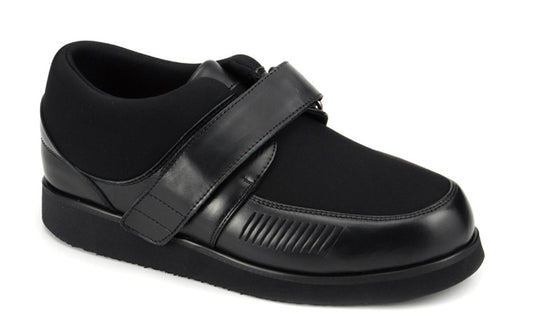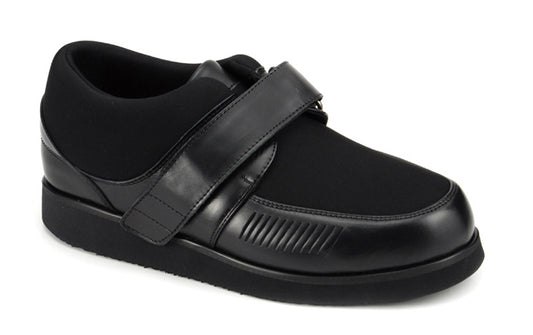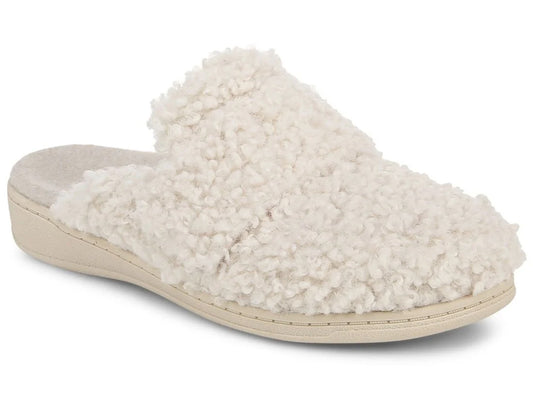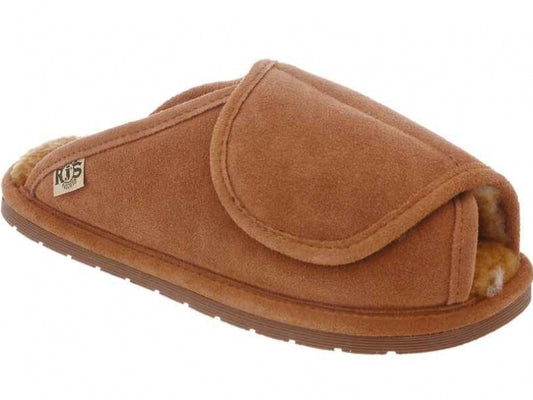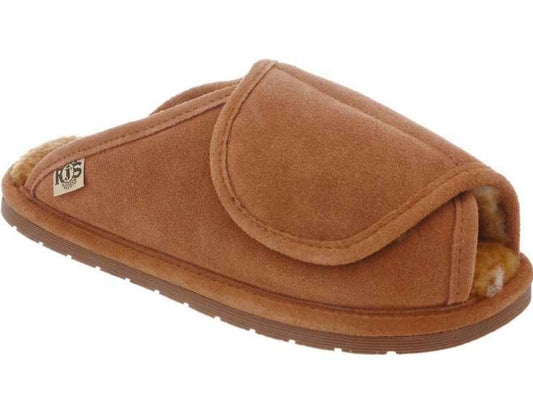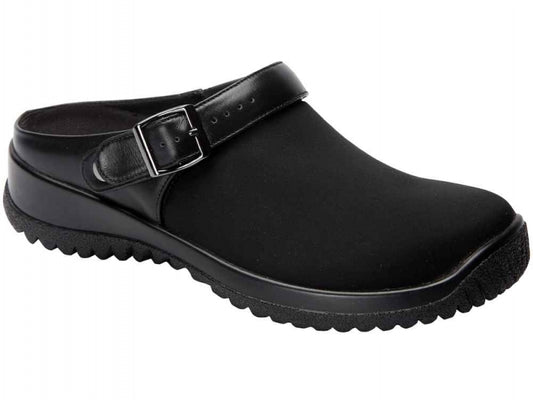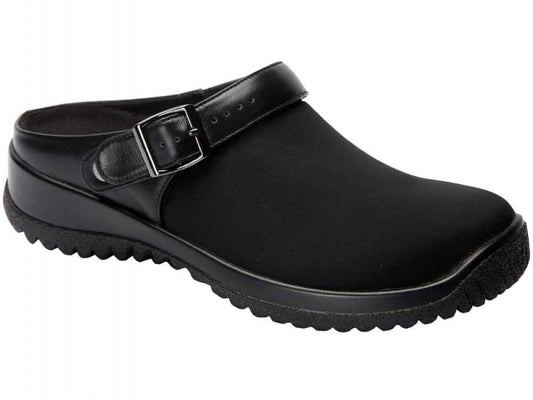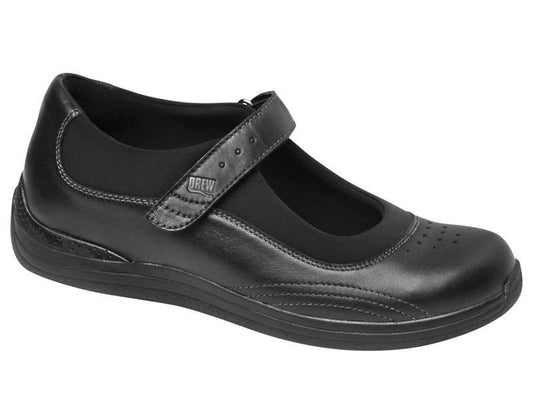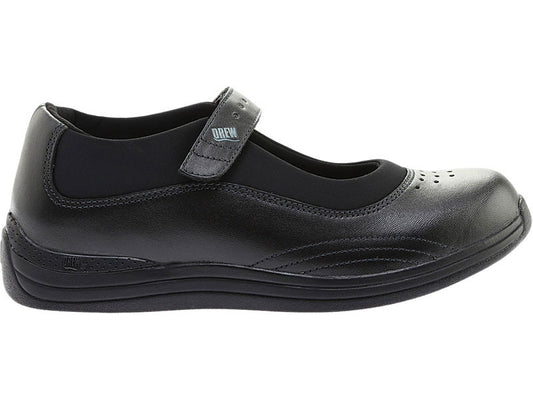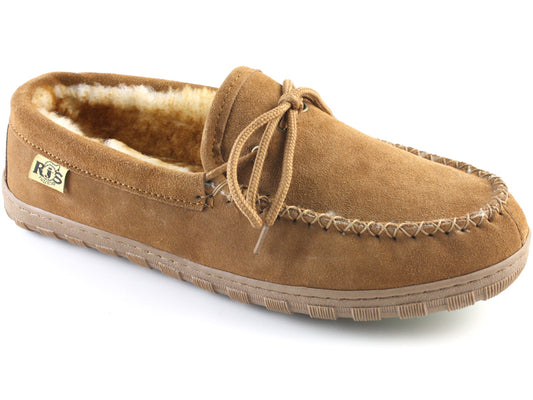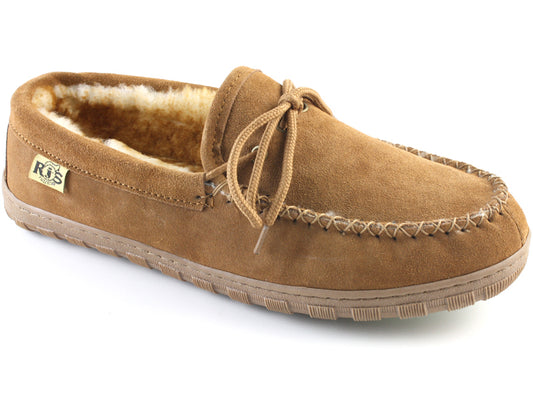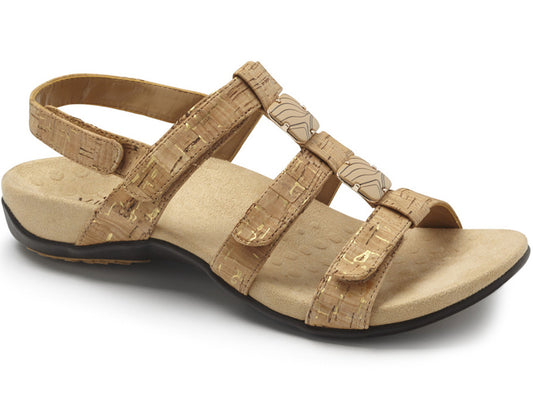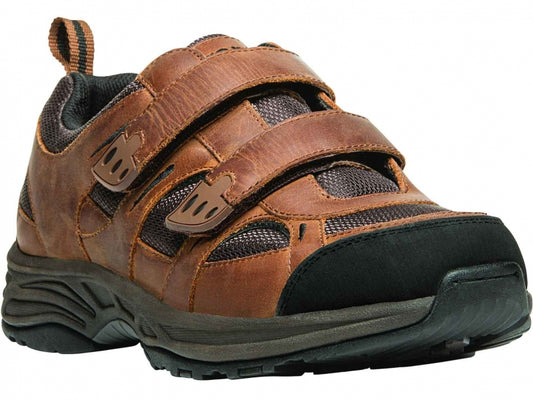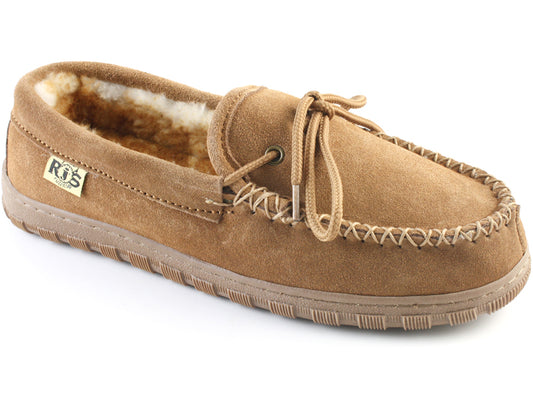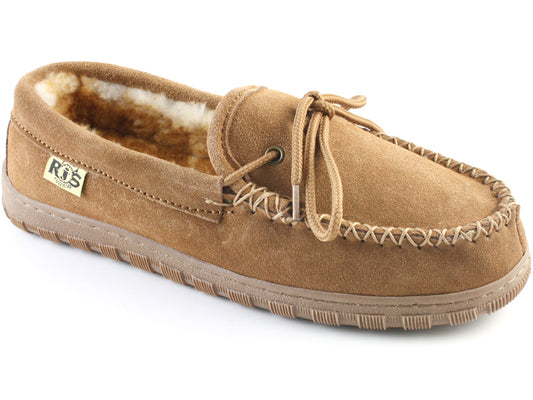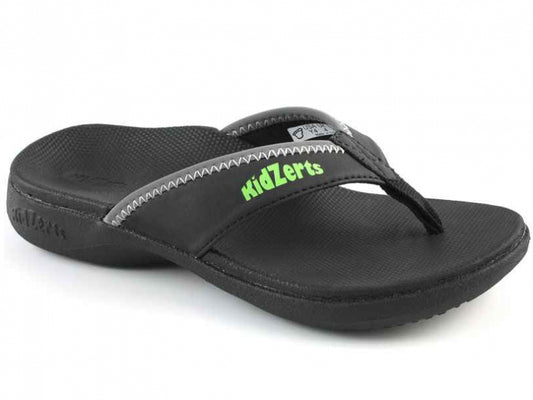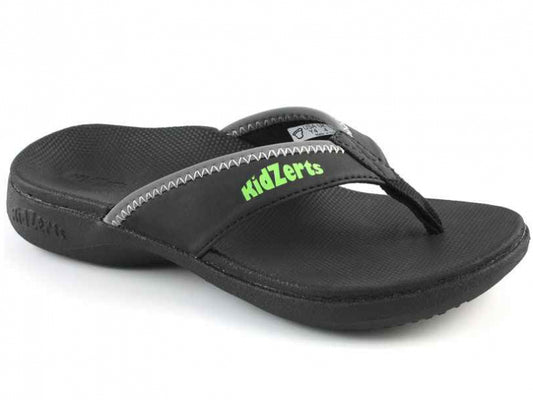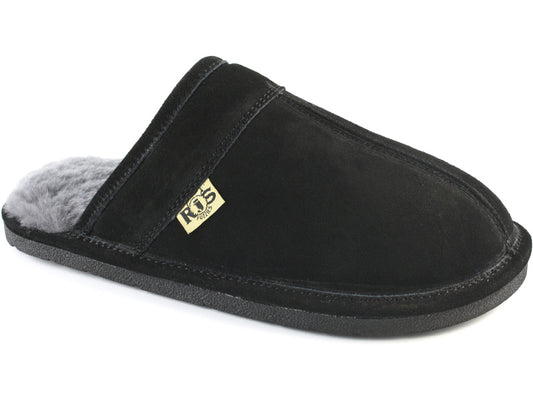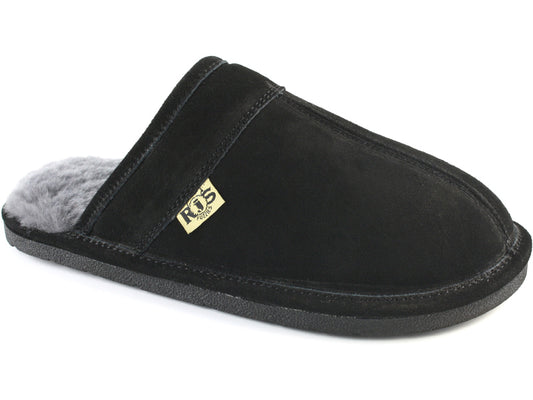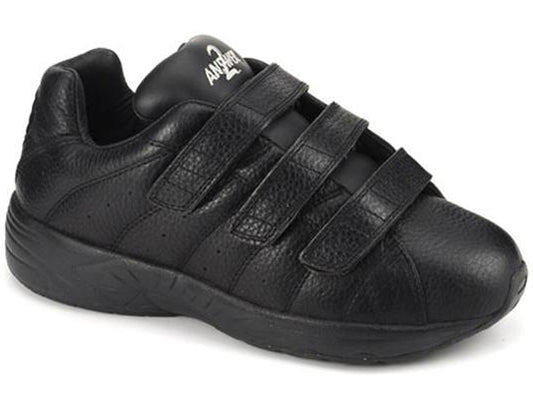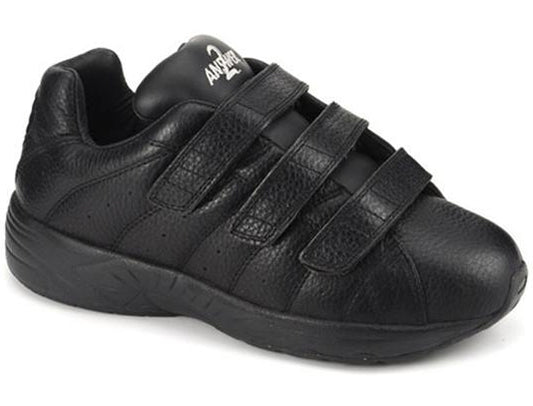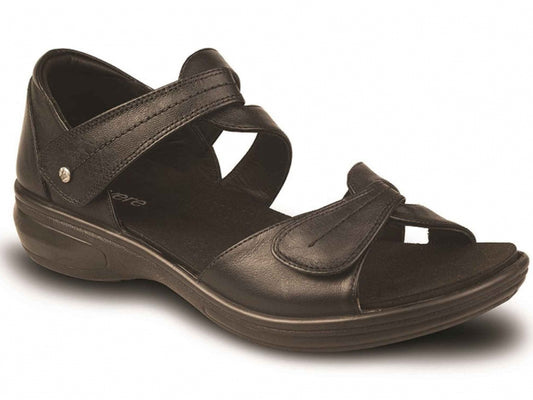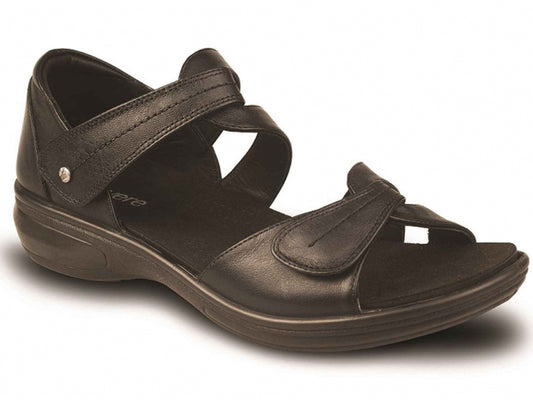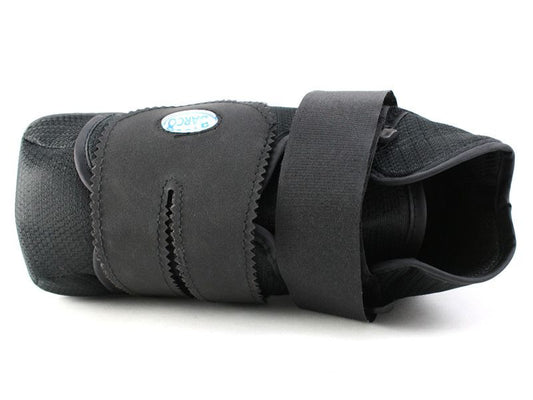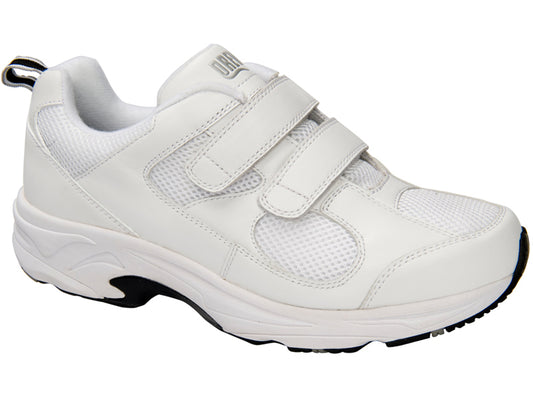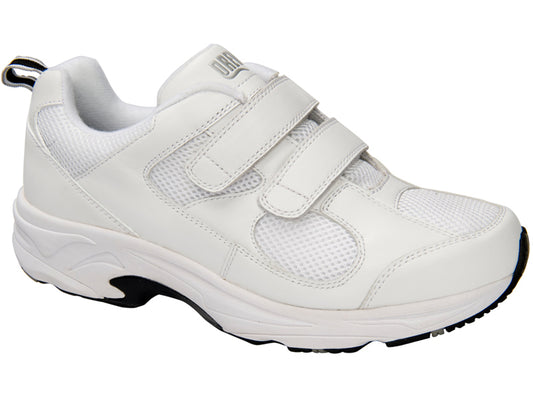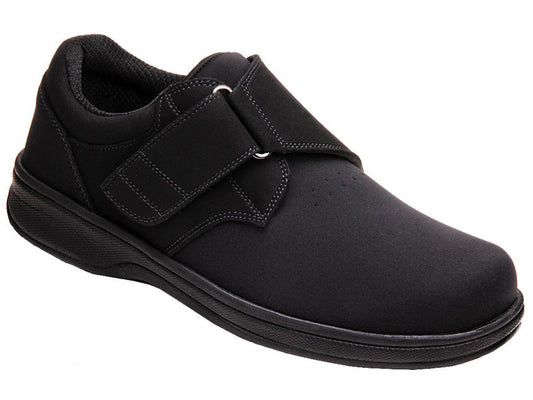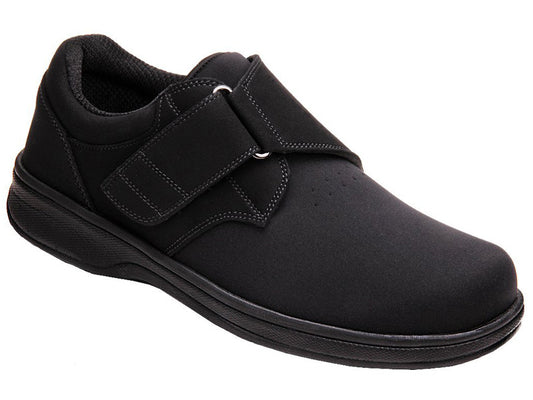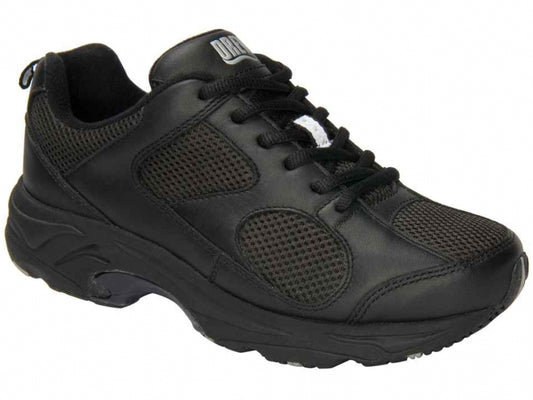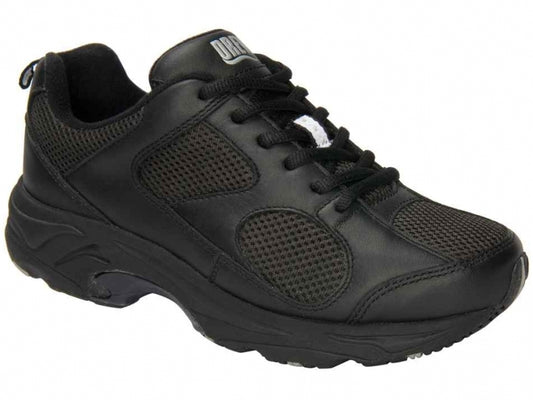-
Vionic Walker - Women's Shoe
Regular price $109.95Unit price perSale price Sale $109.95 Regular price$124.95Sale -
Cloud Nine Sheepskin Flip Flop 2 - Women's Sandal
Regular price $64.95Unit price perSale price Sale $64.95 Regular price$74.95Sale -
Apis 9205 - Women's Extremely Light Mary Jane
Regular price $159.95Unit price perSale price Sale $159.95 Regular price$189.95Sale -
Apis 728E - Men's Stretchable Shoe
Regular price $199.95Unit price perSale price Sale $199.95 Regular price$249.95Sale -
Vionic Gemma II - Women's Slipper
Regular price $94.95Unit price perSale price Sale $94.95 Regular price$118.95Sale -
Vionic Relax II - Women's Slipper
Regular price $89.95Unit price perSale price Sale $89.95 Regular price$112.95Sale -
Propet TravelActiv - Women's Mary Jane
Regular price $84.99Unit price perSale price Sale $84.99 Regular price$94.95Sale -
Cloud Nine Sheepskin - Medical Wraps
Regular price $89.95Unit price perSale price Sale $89.95 Regular price$99.95Sale -
Drew Savannah - Women's Clog
Regular price $179.95Unit price perSale price Sale $179.95 Regular price$209.95Sale -
Drew Rose - Women's Mary Jane
Regular price $189.95Unit price perSale price Sale $189.95 Regular price$229.95Sale -
Cloud Nine Sheepskin Moc - Men's Moccasin Slipper
Regular price $84.95Unit price perSale price Sale $84.95 Regular price$99.95Sale -
Vionic Amber - Women's Sandals
Regular price $100.00Unit price perSale price Sale $100.00 Regular price$119.95Sale -
Propet Connelly Strap - Men's Athletic Shoe
Regular price $154.99Unit price perSale price Sale $154.99 Regular price$185.99Sale -
Cloud Nine Sheepskin Moc - Women's Moccasin Slipper
Regular price $79.95Unit price perSale price Sale $79.95 Regular price$99.95Sale -
KidZerts Klute - Children's Arch Support Sandal
Regular price $39.95Unit price perSale price Sale $39.95 Regular price$49.95Sale -
Cloud Nine Sheepskin - Men's Slipper
Regular price $79.95Unit price perSale price Sale $79.95 Regular price$89.95Sale -
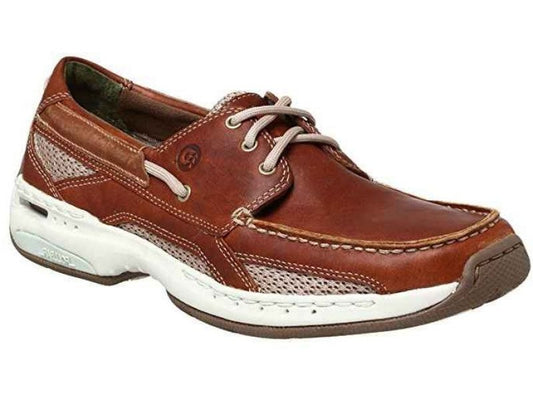
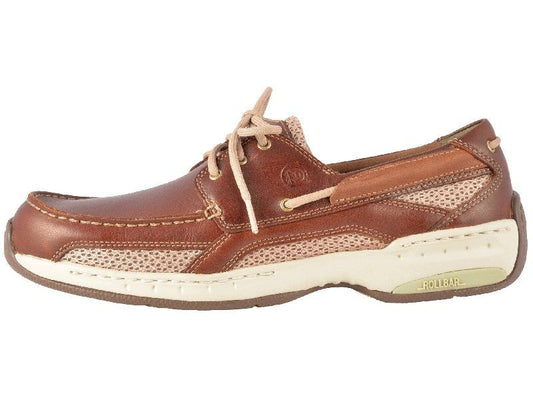 Sold out
Sold outDunham Captain - Men's Boat Shoe
Regular price $144.95Unit price perSale price Sale $144.95 Regular price$169.95Sold out -
Answer2 558 - Men's Adjustable Walking Shoe
Regular price $129.95Unit price perSale price Sale $129.95 Regular price$144.95Sale -
Revere Geneva - Women's Sandal
Regular price $169.95Unit price perSale price Sale $169.95 Regular price$199.95Sale -
Darco APB - Surgical Boot for Post-Operative Care
Regular price $42.95Unit price perSale price Sale $42.95 Regular price$52.95Sale -
Vionic Walker - Men's Shoe
Regular price $109.95Unit price perSale price Sale $109.95 Regular price$124.95Sale -
Drew Lightning II V - Men's Athletic Walking Shoe
Regular price $194.95Unit price perSale price Sale $194.95 Regular price$239.95Sale -
Orthofeet Bismarck - Men's Extra Depth Shoe
Regular price $159.95Unit price perSale price Sale $159.95 Regular price$184.95Sale -
Drew Flash II - Women's Athletic/Walking Shoe
Regular price $179.95Unit price perSale price Sale $179.95 Regular price$209.95Sale





